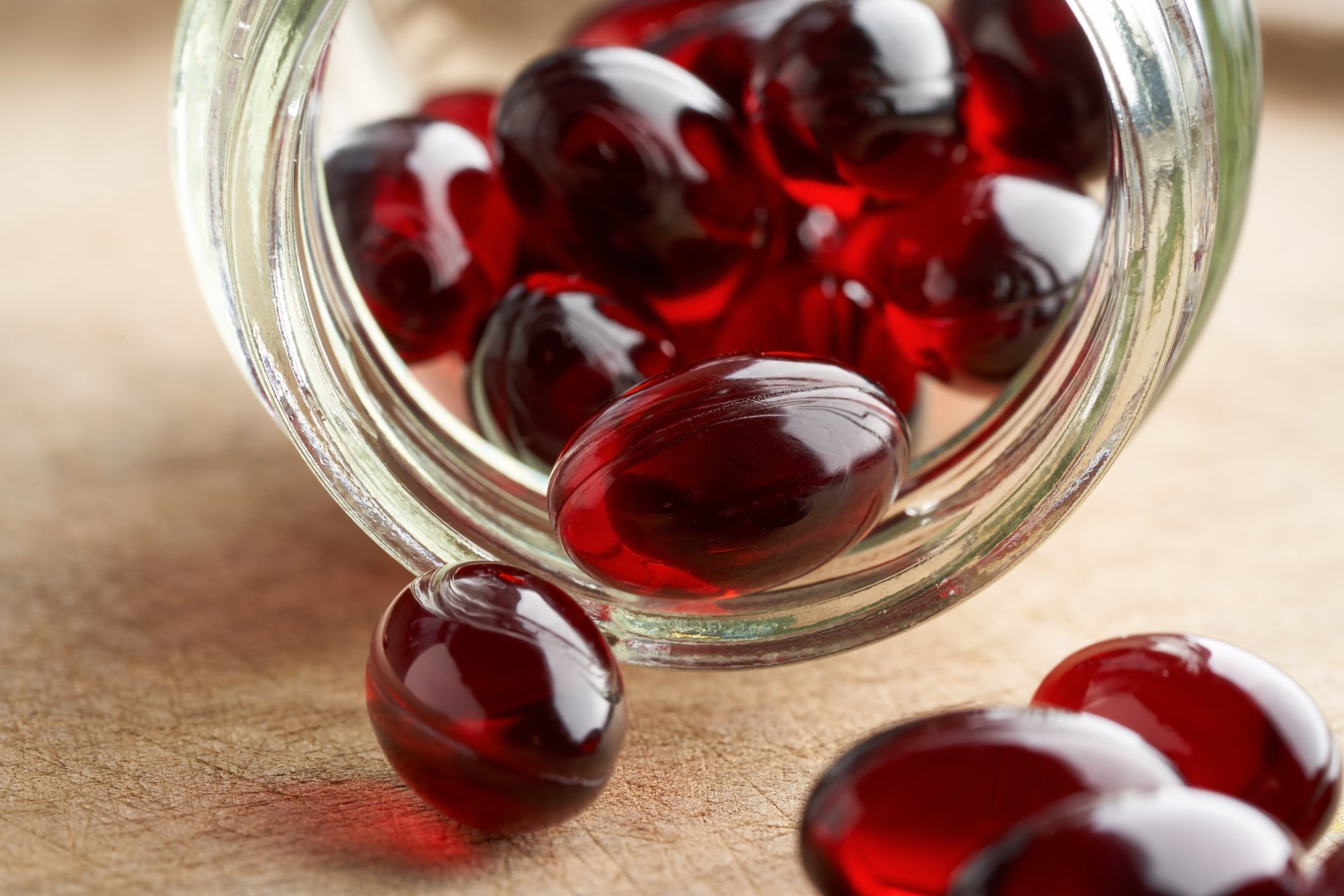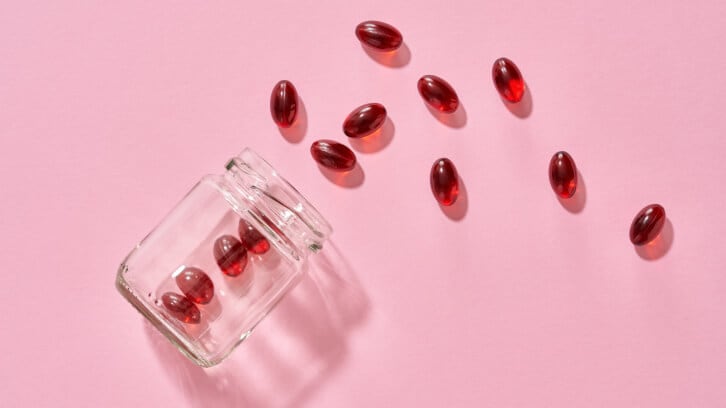Researchers from the University of Glasgow found that daily supplementation with Aker BioMarine’s Superba Boost krill oil led to a preservation of fat free mass and grip strength, whereas both declined in the placebo group.
“While losing weight is often a good thing, one of the unintended consequences is that we don’t only lose fat, but we also lose muscle,” Dr. Stuart Gray, a professor at the University of Glasgow and co-author of the study, said in a press release.
“In this study we have found that krill oil can help to preserve our muscle mass and strength as we lose weight. As maintenance of muscle is very important for our overall health and quality of life, these are extremely exciting findings,”
GLP-1 users and beyond
Global momentum around weight-loss strategies—from dietary interventions to pharmaceutical solutions like GLP-1 receptor agonists—has intensified scrutiny of the broader health impacts associated with rapid weight reduction. A key concern is the concurrent loss of skeletal muscle mass, which can compromise metabolic health, physical performance and the sustainability of weight loss outcomes.
The dietary supplements market has responded with multiple brands and retailers positioning protein and protein-rich products for GLP-1 users. The new krill oil study did not include GLP-1 users, but the findings could offer insights that can be applied across diverse weight-management approaches.
GLP-1 in numbers
According to Kaiser Family Foundation (KFF) data, 12% of American adults report ever taking a glucagon-like peptide 1 (GLP-1) agonist medication.
Currently, about 6% of American adults are taking a GLP-1 medication, the equivalent of 15 million people.
Fourty percent of users are taking them purely to lose weight.
Study details
The new randomized placebo-controlled trial included 25 women and 16 men with an average BMI of 31.1 kg/m2 and an average age of 39 on an alternate-day fasting diet. The participants were randomly assigned to receive either the krill oil (containing 764 mg per day of EPA, 376 mg per day of DHA, 312 mg per day of choline and 400 micrograms per day of astaxanthin) or placebo (vegetable oil) for eight weeks.
During fasting days, participants consumed no more than 500 Kcal during a two-hour window. On feeding days, participants were allowed to eat normally but were told to avoid overeating.
Results showed that both groups lost approximately 4.5 kg (9.9 lbs) of body weight over the course of eight weeks. While muscle mass and grip strength declined significantly in the placebo group, krill oil helped maintain both muscle mass and strength, the researchers reported.
In addition, while both groups experienced improvements in systolic blood pressure, these benefits were greater in the krill oil group. The Omega-3 Index, a measure of the fatty acid status of a person, also increased in the krill oil group.
“Supplementation with krill oil during body weight loss in individuals living with overweight and obesity attenuates the decline in [free fat mass] and parameters of muscle function and, therefore, is a valuable strategy to mitigate some of the adverse effects of diet-induced weight loss,” the researchers wrote. “The anti-inflammatory effects of [krill oil] might be among the mechanisms underlying these benefits.
Commenting on the study findings, Line Johnsen, senior vice president of human health ingredients R&D at Aker BioMarine, said:
“We are pleased to continue our work with the University of Glasgow to further explore krill oil and its positive effects on muscle mass and function. We have previously conducted scientific studies with Dr. Gray and his team to show how the important nutrients found in krill impact muscle strength and mass with age, and this follow up study helps strengthen our understanding of this area.”
Source: Obesity, doi: 10.1002/oby.24354, “Benefits of Krill Oil Supplementation During Alternate-Day Fasting in Adults With Overweight and Obesity: A Randomized Trial”, Authors: M. Alblaji, et al.





